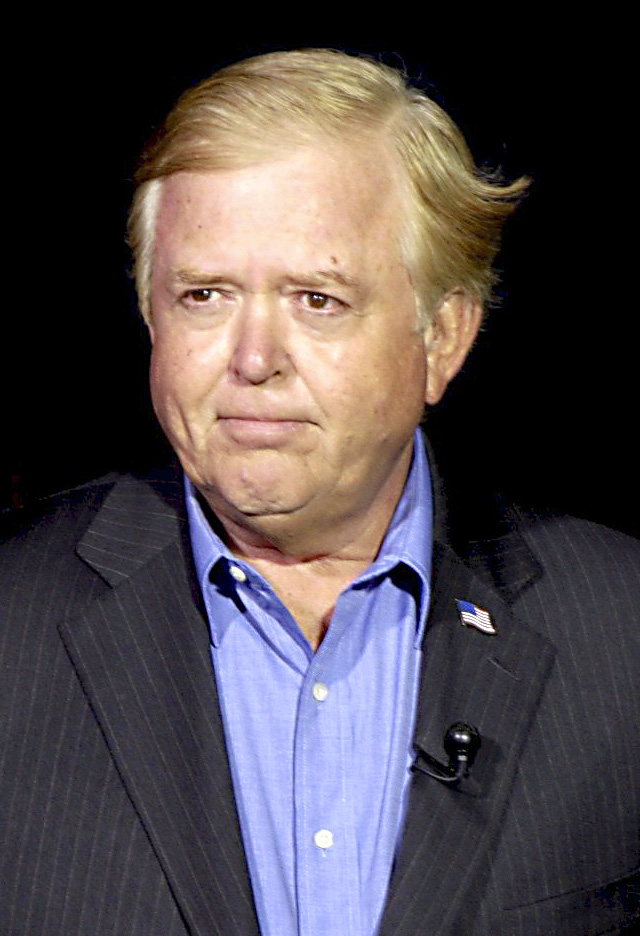Our job is ensure that those deals that injure consumers don't go through, ... On the other hand, we don't want to prevent 99 out of the 100 deals that are either neutral from a competitive point of view or actually pro consumer and pro efficiency.

"Louis Carl "Lou" Dobbs" is an American television personality, author and radio host on the Fox Business Network. He anchored CNN's Lou Dobbs Tonight until November 2009 when he announced on the air that he would leave the network.
He was born in Texas and lived there and in Idaho during his childhood. After graduating from Harvard University, Dobbs worked in government and banking before becoming a news reporter for several local media outlets. He had worked with CNN since its founding in 1980, serving as a reporter and vice president. He was the host and managing editor for CNN's Moneyline, which premiered in 1980 and was renamed Lou Dobbs Tonight in 2003. Dobbs resigned from CNN in 1999, rejoined in 2000, and resigned again in November 2009, when he joined Fox News. He also hosts a syndicated radio show, Lou Dobbs Radio and has written several books since 2001.
Dobbs describes himself as an "independent populist" and is known for his opposition to NAFTA and support for immigration enforcement. For his reporting, he has won Emmy Award/Emmy, Peabody Award/Peabody, and Cable ACE Awards/Cable ACE awards.
More Lou Dobbs on Wikipedia.It was demeaning. It was degrading. It was very lonely.
The values are in the smaller companies.
I'm not really concerned about it, ... It's a very clearly definable problem. We know how to deal with it.
We're in two distinctive businesses.
It's going to be difficult for us to work out the details.
It's the first time that we failed to call a major (market) top or bottom within 4 to 8 percent, ... So when the market didn't peak at 8 percent, I knew something was wrong. It was either the market was wrong or we were wrong. When the market went up 20 percent, we went back to the computers.
Today's global market means that you pay less for almost everything you buy. This has cost some American jobs, and we have to work harder at creating new and better ones.
We're still in business, keep working.
Copyright © 2024 Electric Goat Media. All Rights Reserved.